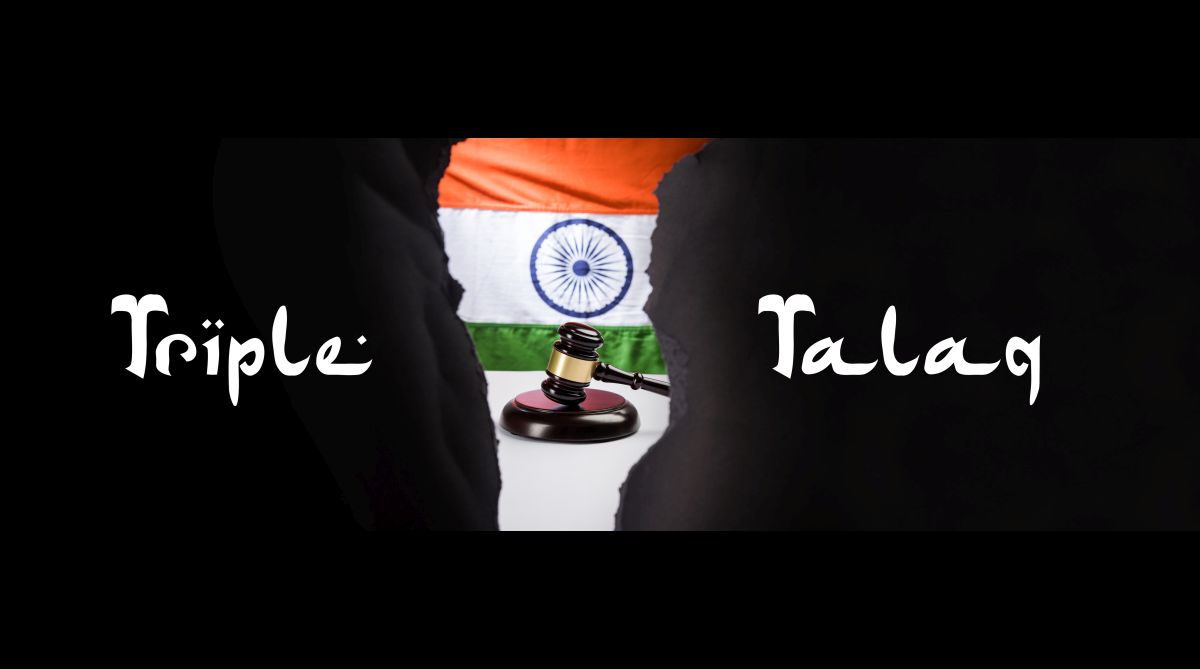BJP govt in Delhi terminates all co-terminus appointments
A day after taking charge, the newly-formed BJP government in Delhi terminated all co-terminus appointments in the offices of the former chief minister and Cabinet ministers on Friday.

(Photo: Getty Images)
Instant triple talaq is in the news again after President Ramnath Kovind signed the ordinance to criminalise the practice this week. After waiting for some time for the House of Elders to clear the bill (Lok Sabha has already okayed it), the Modi government has resorted to the ordinance route with some amendments, as it had lost hopes of getting it passed in the winter session, which is effectively the last session of this government. However, Parliament has to okay the measure within six months. This is one of the 2014 poll promises of the BJP. With this India has joined 22 countries including neighbouring Pakistan, Bangladesh and Sri Lanka, which have also banned instant triple talaq, a practice among the Muslims.
The Congress-led opposition had demanded that the bill be sent to a select committee. If the opposition blocks it, the ruling BJP will accuse them of being pseudo-secular and working against the rights of Muslim women. If they support it even reluctantly, the BJP would proclaim itself as the champion of Muslim women’s rights. Either way it is a win-win situation for the BJP and the opposition has to tread cautiously while opposing the measure. Going by the mood, the measure may not see daylight till the next election as the government will find it difficult to persuade the opposition in an election year. That is why the Minister has appealed to women leaders like Sonia Gandhi (Congress), Mayawati (BSP) and Mamata Banerjee (Trinamool Congress) to support the measure.
Advertisement
Why the ordinance now? As expected the opposition parties also question the timing arguing that when the bill is pending in Rajya Sabha, the government resorted to this measure in view of ensuing Assembly polls to five states including BJP-ruled Madhya Pradesh, Rajasthan and Chattisgarh. The government could have easily waited until the winter session and made efforts to get it passed. The hitch is that by that time the Assembly polls would have been held. The opposition parties have raised several questions like whether the new bill really safeguards the rights of Muslim women.
Advertisement
Secondly, the Law Minister Ravi Shankar Prasad has stated that the ordinance became necessary because “incidents of triple talaq continue unabated in spite of the Supreme Court (having) annulled it.”
Apart from politics the bill has many complex angles. The first is the religious angle. The Muslim Personal Law board and other Muslim organisations oppose it claiming it interferes in their religious practice. Muslim women bodies argue whether women should suffer because of this religious angle. Prasad claimed that triple talaq had nothing to do with faith or mode of worship or religion but “it is purely about gender justice, dignity and equality”. Interestingly, the Muslim religious leadership has not been united in voicing opposition.
As for the political angle, the BJP has thrown down the gauntlet before the year-end Assembly polls. Unfortunately, the political discourse on this issue has been polarised. The Congress-led Opposition is asserting that while it supports legislation for women’s empowerment that outlaws talaq-e-biddat, it opposes the bill in its current form because it has flaws. The secular parties like the Congress, Trinamool Congress, BSP and SP are in a Catch-22 situation. They bank heavily on Muslim votes for their electoral fortunes. If they support the bill, they might lose the votes of Muslim men and if they don’t they lose the Muslim women voters. The essential righteousness of banning triple talaq is so appealing that the opposition is left twiddling its thumbs.
Why should a right-wing party like the BJP bat for Muslim women? Though the BJP has a core 20 per cent Hindu vote in a country where nearly 80 per cent are Hindus, the BJP needs some incremental votes to come back to power, and this is where the Muslim women come in. Any increase, even if it is small, is welcome for the BJP.
Moreover, there is also a gender angle. Most women in India – from all religious faiths – support the measure. So what better way than to champion the cause of Muslim women for the BJP? The party believes that some Muslim women voted for it in the UP Assembly polls in 2017.
There is a legal angle. The government insists that the Bill is a ‘necessary and a natural corollary’ to the 22 August 2017 Supreme Court verdict which had directed the Centre to bring in a law banning instant triple talaq within six months of the judgment. The BJP has all along been batting for a common civil code and it is also part of its manifesto. However, banning instant triple talaq in itself may not help the implementation of the Uniform Civil Code but it would surely be one step towards that.
By bringing this ordinance the BJP is seeking to split the Muslim vote and also garner the votes of Muslim women in the Assembly polls. Will the gamble succeed?
Advertisement